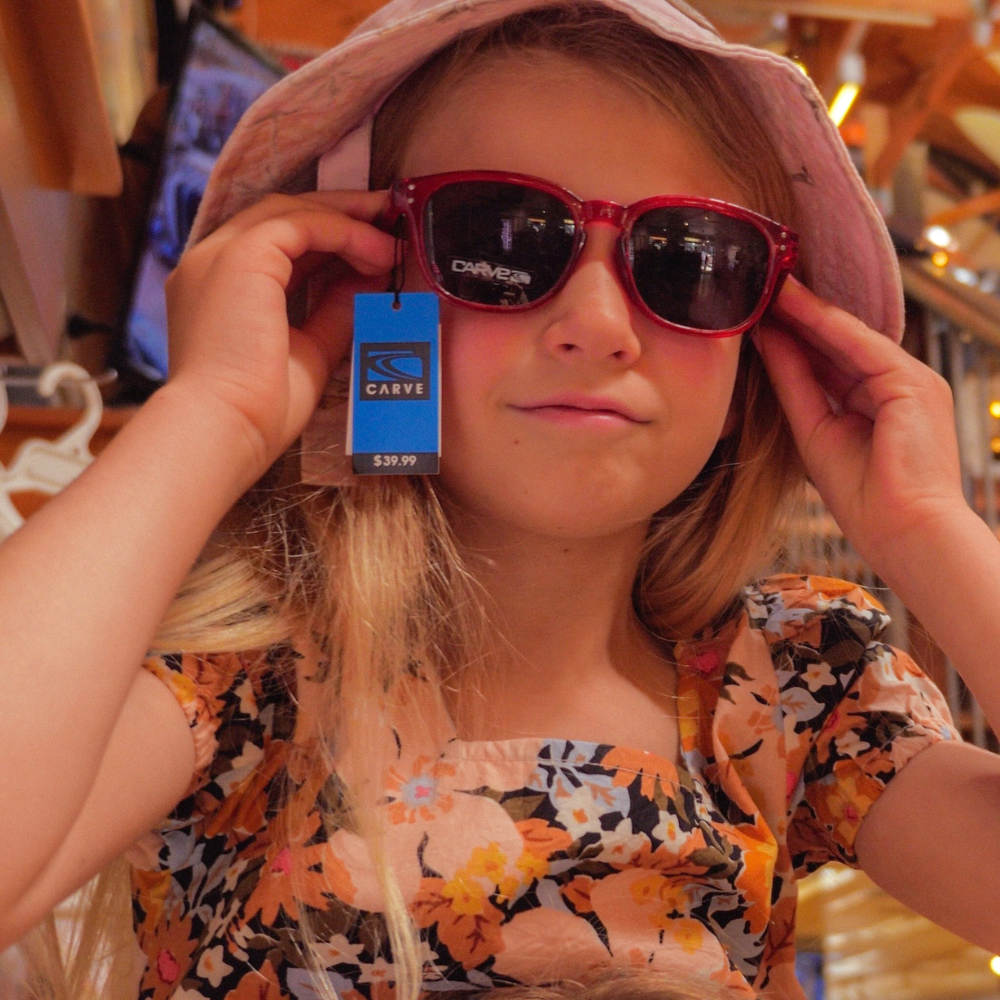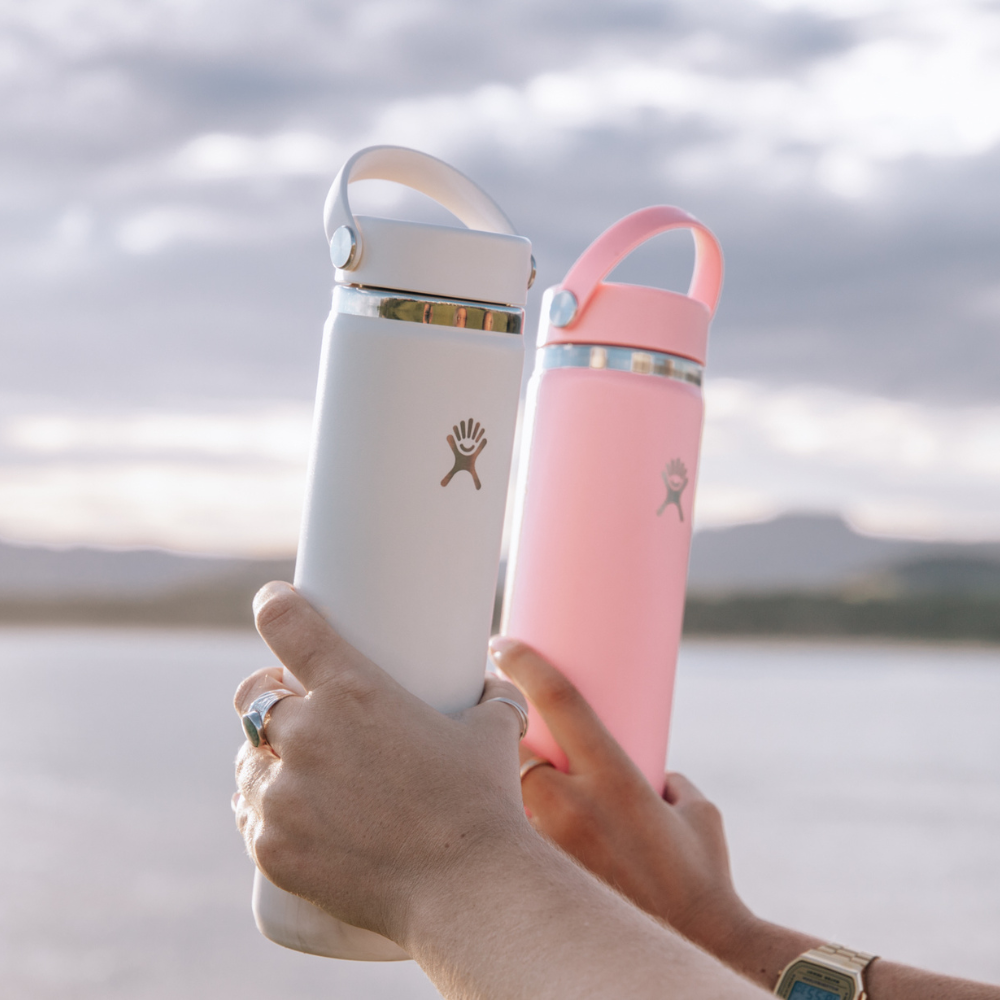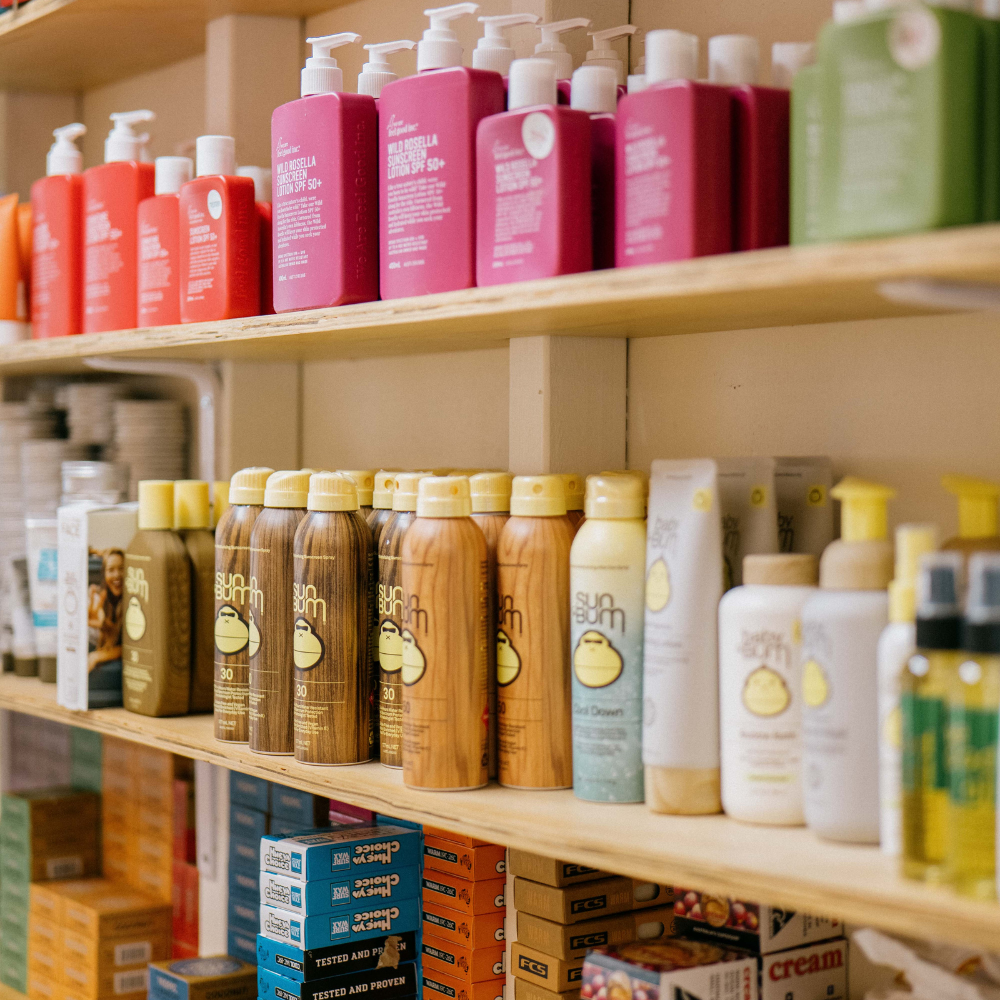Photo credit: Tommaso Nervegna
Author: Kiara Robinson
Ingredient labels are probably the most ignored part of packaging, especially for sunscreen! In the past few years however, scientific research has identified a few hidden nasties in the ingredients list on most sunscreen brands, these include oxybenzone, octinoxate, PABAs, parabens and preservatives.
But why are these chemicals bad and what do they do? Oxybenzone is in sunscreen as it absorbs UV light, providing coverage from the Sun, however it also absorbed by the skin, having negative effects as it disrupts hormones, damaging cells which can cause cancer. Oxybenzone is one of the most toxic chemicals found in sunscreen, and cosmetics, with the American Contact Dermatitis Society awarding it “Allergen of the Year” in 2014! (Not a great award to win in our opinion!). Octinoxate is another nasty, it’s main function in sunscreen is as a UVB absorbing ingredient, but it also speeds up and causes coral bleaching, even at low concentration!
But how toxic can it really be? “Just one drop of sunscreen with oxybenzone in the equivalent of six-and-a-half Olympic size swimming pools has a toxic effect” (read more here). Amongst the other bad ingredients are PABAs and parabens, which cause more hormonal disruption and are considered allergens, so they’re on the “to avoid” list as well. The trouble with a lot of sunscreens is that they will claim to be natural, organic, or for sensitive skin, but as there are no regulations on using these words on packaging, they can be used by anyone, even when it’s not true! But the fact remains, we need sunscreen to protect our skin, so here are some great sunscreens that don’t have nasty chemicals in them:

Photo credit: We are feel good inc.
1. We Are Feel Good Inc.
This is an Australian made and owned sunscreen, it doesn’t have any of the nasty preservatives and chemicals – paraben, oxybenzone, octinoxate and PABA free! But this brand has gone a step further and added some skin-loving ingredients like vitamin e and aloe vera for a smooth, hydrating and nourishing sunscreen. We are feel good inc. have formulated this sunscreen to be smooth and non-greasy, the perfect combo to use all year round! To make it even better, these guys have whipped a coconut scented batch and a sensitive skin version too! We are feel good inc. does not test on animals, and all their sunscreen is up to 4 hours water resistant, this brand gets 5/5 from us! Find out more here, or grab a bottle here.

Photo credit: Richard Kotch/Surf Mud
2. Surf Mud
Surf Mud have been selling a natural zinc for a while, but their latest product, surf mud sunscreen (yes there’s a baby version too, for the extra soft skin), ticks all our boxes for eco-friendliness! There are no chemical UV absorbers in this formula, free from paraben, oxybenzone, octinoxate, PABAs and a bunch of other chemicals that are not so great for the ocean. Another great eco-friendly fact about Surf Mud is that it is non-toxic, cruelty free, hypoallergenic and uses low impact, recyclable packaging! Doesn’t get much better than that! Shop the Surf Mud range here!

Photo credit: SeaZinc
3. Sea Zinc
Born out of a need to have an all-natural zinc filled with organic ingredients, sourced locally, Sea Zinc was created by some ocean loving, sustainably concerned individuals. Like the other brands on this list, Sea Zinc is eco-friendly, with no preservatives, paraben, oxybenzone, octinoxate, PABA’s, or petroleum-based ingredients. There’s heaps of other ingredients we could list that aren’t in Sea Zinc, but it’s probably easier to say what it does contain - which is natural, certified organic ingredients! Find out more on their website here, or shop the range online here.













